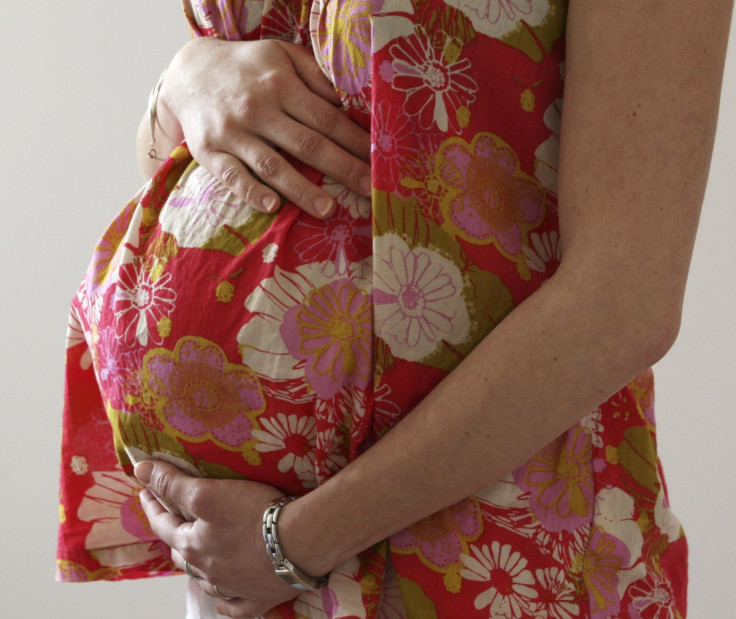Yoga and Meditation 'Reduce Risk of Depression in Pregnant Women by 40%'

Mindfulness techniques – including meditation, breathing exercises and yoga – can reduce the risk of depression among pregnant women by 40%, researchers have discovered.
Around a third of women who have had a history of depression will slip back into depression while pregnant, previous research has shown.
However, following a Mindfulness Based Cognitive Therapy programme can significantly reduce this risk, scientists at the University of Colorado Boulder have found.
Published in the journal Archives of Women's Mental Health, lead author Sona Dimidjian said: "It's important for pregnant women who are at high risk of depression to have options for treatment and prevention. For some women, anti-depressant medication is truly a lifesaver, but for others, concerns about side effects and possible impacts to foetal development may cause them to prefer a non-pharmacological intervention."
Mindfulness therapy combines mindfulness practice with more traditional cognitive therapy. In the past it has been found to be effective at preventing depression. Previous studies have also found yoga helps to improve the quality of life of women suffering from breast cancer.
However, few studies have looked at the effect of non-drug therapies on pregnant women because it is so difficult to recruit during the short time period involved.
The scientist looked at 42 women who had had at least one previous episode of major depression. They took eight mindfulness classes and were asked to complete homework assignments to develop their mindfulness skills.
Lessons included prenatal yoga, walking meditation and shorter practices that can be integrated into busy lives. They also addressed worries and concerns that can become overwhelming during pregnancy.
"Mindfulness is about how to pay attention to your own moment-to-moment experience in a way that is suffused with an openness, curiosity, gentleness and kindness towards oneself," Dimidjian said.
The women were surveyed for signs of depression for six months after they gave birth. Findings showed mindfulness techniques reduced the relapse rate to 18%.
Findings also showed that 86% of women completed the study – a high proportion suggesting women found the sessions valuable.
"I was surprised by the level of interest, even among women who didn't have a history of depression," Dimidjian said. "Pregnant women know they are going to have this upcoming event that's going to change their lives, and they want to be ready."
© Copyright IBTimes 2025. All rights reserved.






















